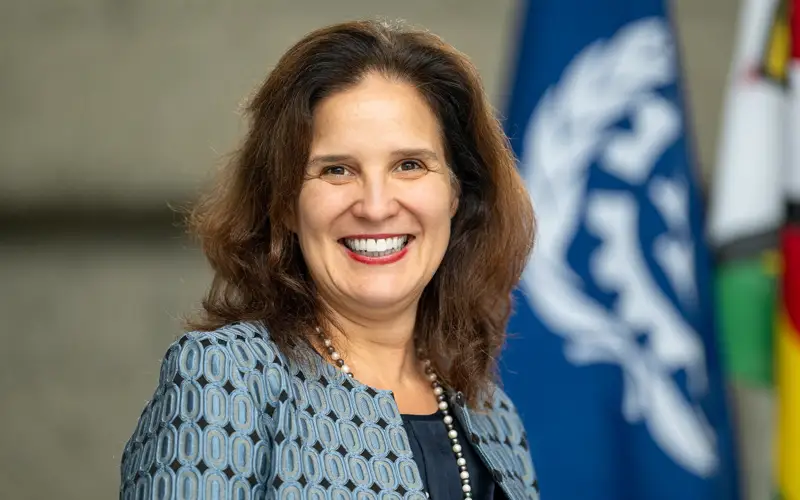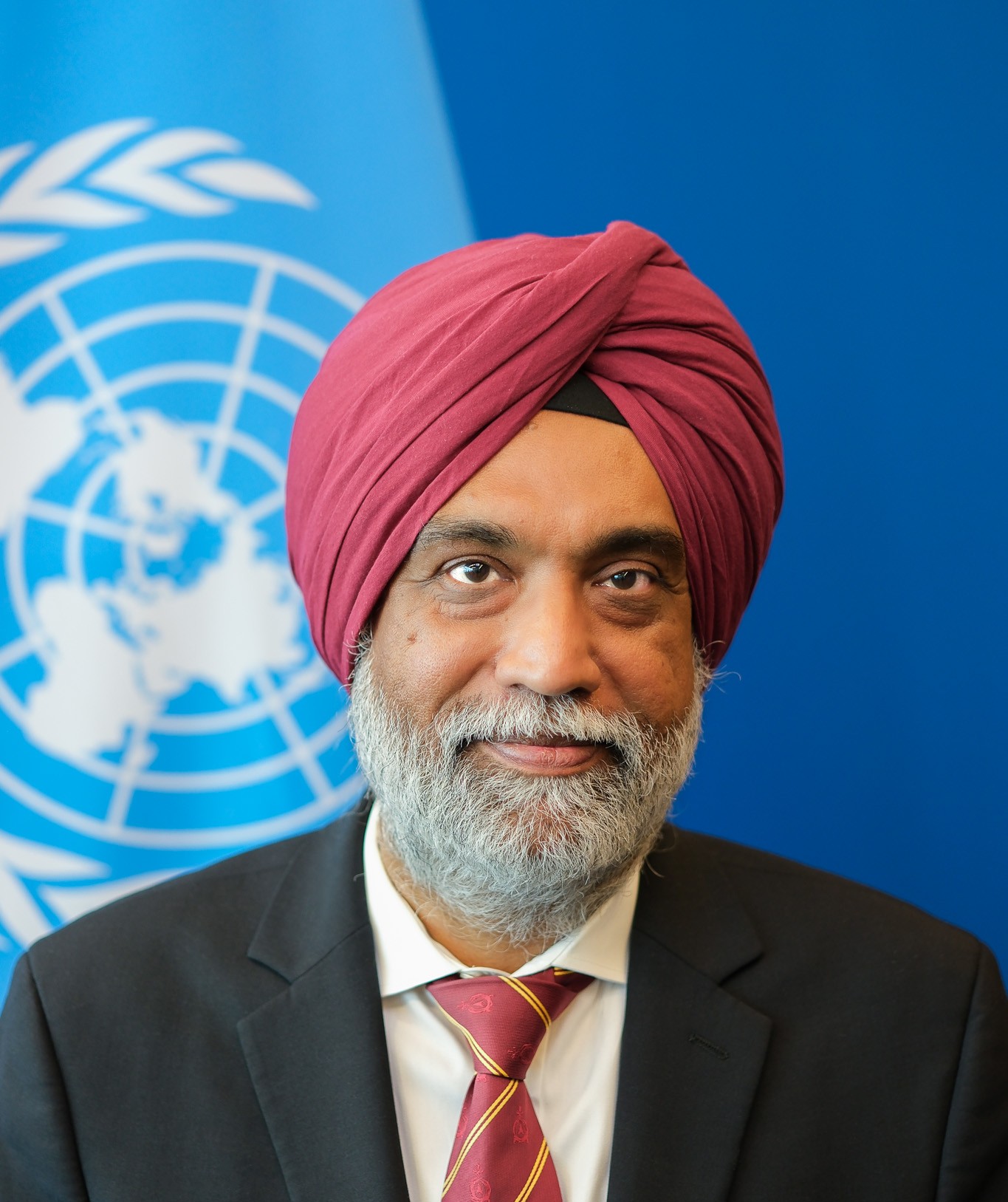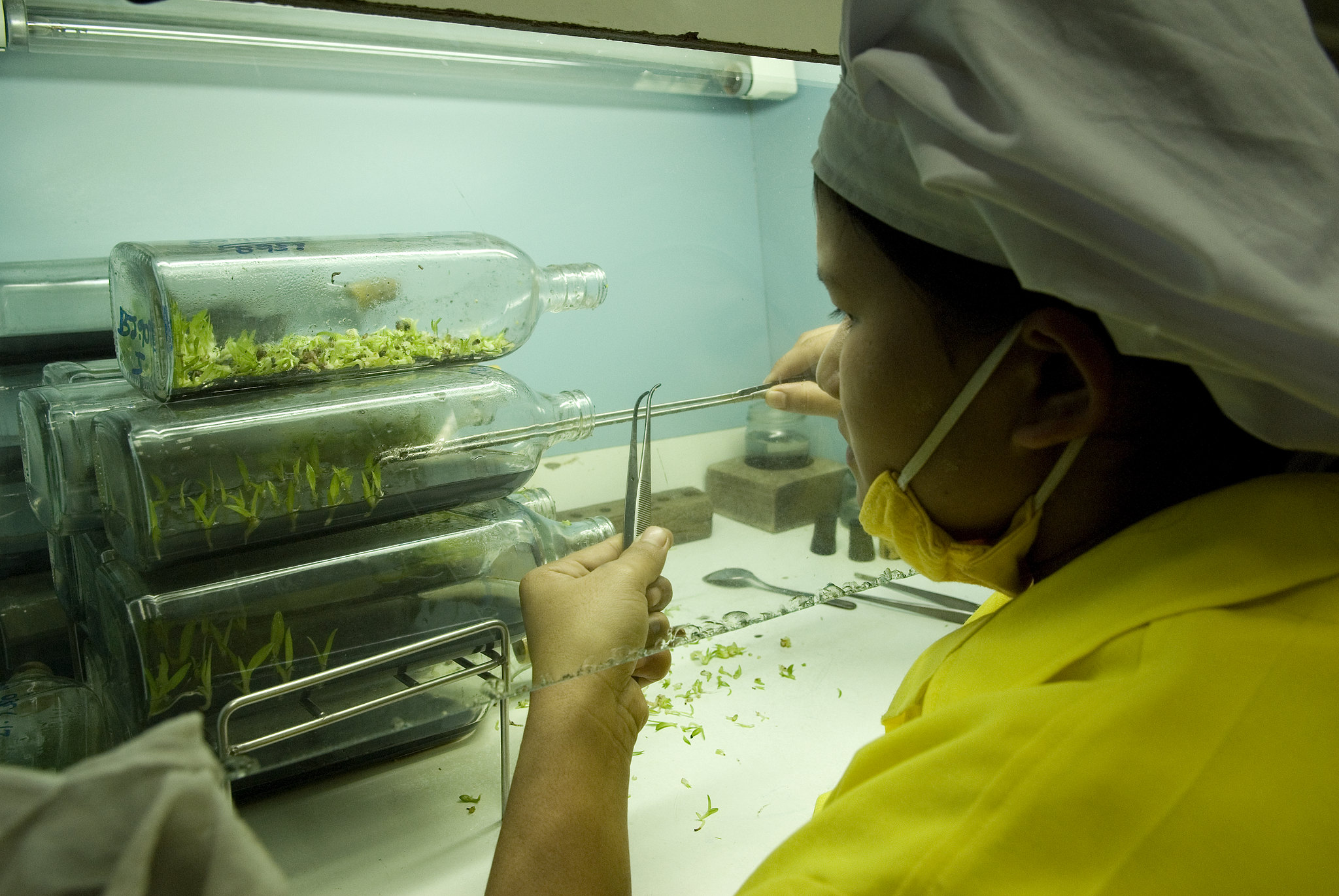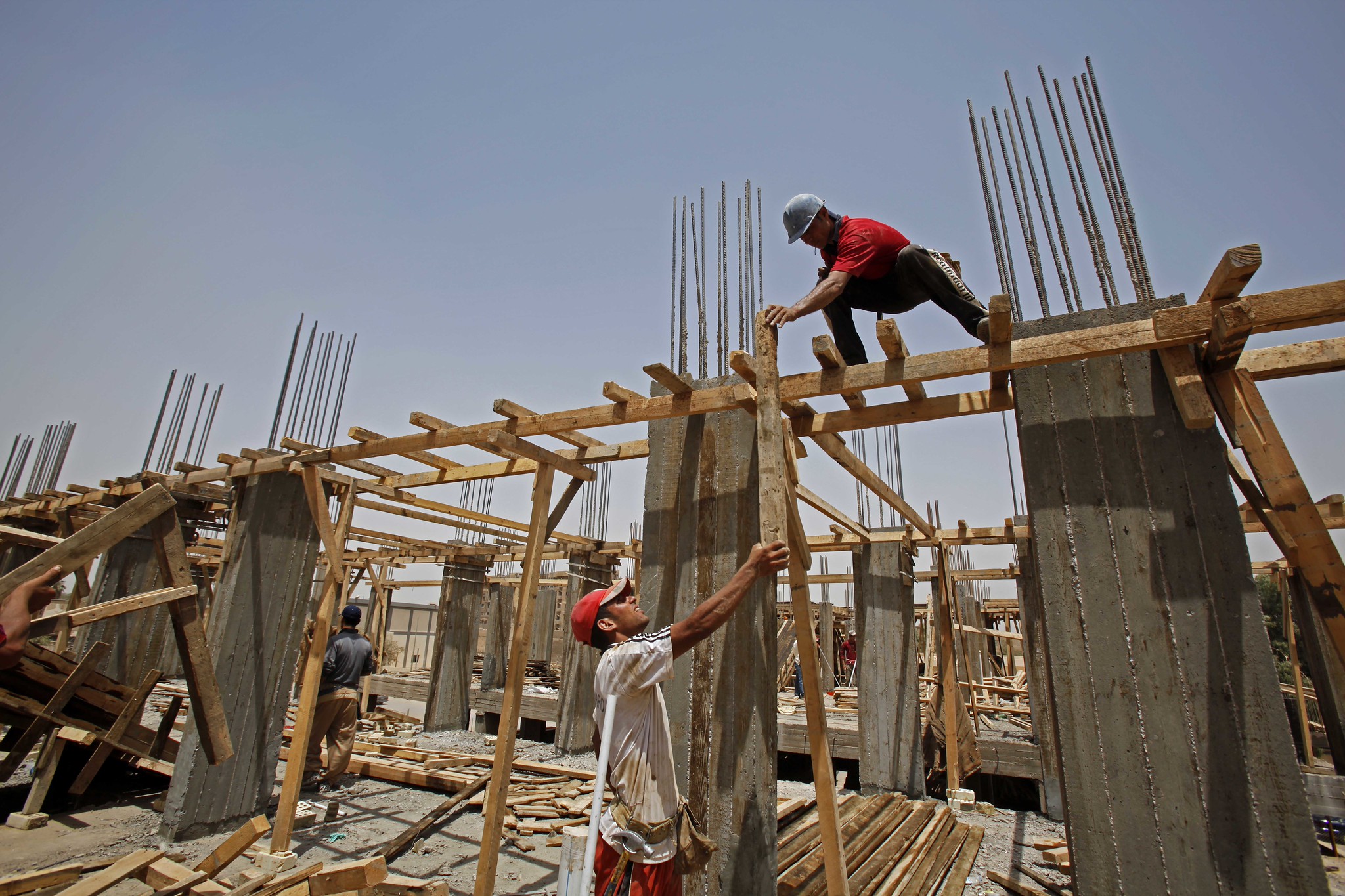Maritime Labour Convention: 20 years advancing decent work at sea

Scheduled13:30 - 15:30 GMT+1
Maritime Labour Convention: 20 years advancing decent work at sea
Auditorium, ILO Headquarters
Closing remarks – Beate Andrees

Ended3 March 2026 16:20 - 16:30 GMT+1
ILO Innovation Day
Closing remarks – Beate Andrees
Gobelins, ILO Headquarters
Special message – Amandeep Singh Gill 

Ended3 March 2026 16:10 - 16:20 GMT+1
ILO Innovation Day
Special message – Amandeep Singh Gill
Gobelins, ILO Headquarters
Keynote address – Erica Moret

Ended3 March 2026 16:00 - 16:10 GMT+1
ILO Innovation Day
Keynote address – Erica Moret
Gobelins, ILO Headquarters
Designing what’s next: Foresight & future pathways

Ended3 March 2026 15:00 - 16:00 GMT+1
ILO Innovation Day
Designing what’s next: Foresight & future pathways
Gobelins, ILO Headquarters
From pilot to scale: Solutions delivering results

Ended3 March 2026 13:35 - 14:50 GMT+1
ILO Innovation Day
From pilot to scale: Solutions delivering results
Gobelins, ILO Headquarters
Keynote address – Mariana Mazzucato

Ended3 March 2026 13:15 - 13:35 GMT+1
ILO Innovation Day
Keynote address – Mariana Mazzucato
Gobelins, ILO Headquarters
Data to decisions: AI, statistics & knowledge systems

Ended3 March 2026 11:40 - 12:40 GMT+1
ILO Innovation Day
Data to decisions: AI, statistics & knowledge systems
Gobelins, ILO Headquarters
Messages from ITUC and IOE

Ended3 March 2026 11:15 - 11:25 GMT+1
ILO Innovation Day
Messages from ITUC and IOE
Gobelins, ILO Headquarters
Upgrading how we work: Platforms, operations & One ILO

Ended3 March 2026 10:10 - 11:15 GMT+1
ILO Innovation Day
Upgrading how we work: Platforms, operations & One ILO
Gobelins, ILO Headquarters
1 of 48